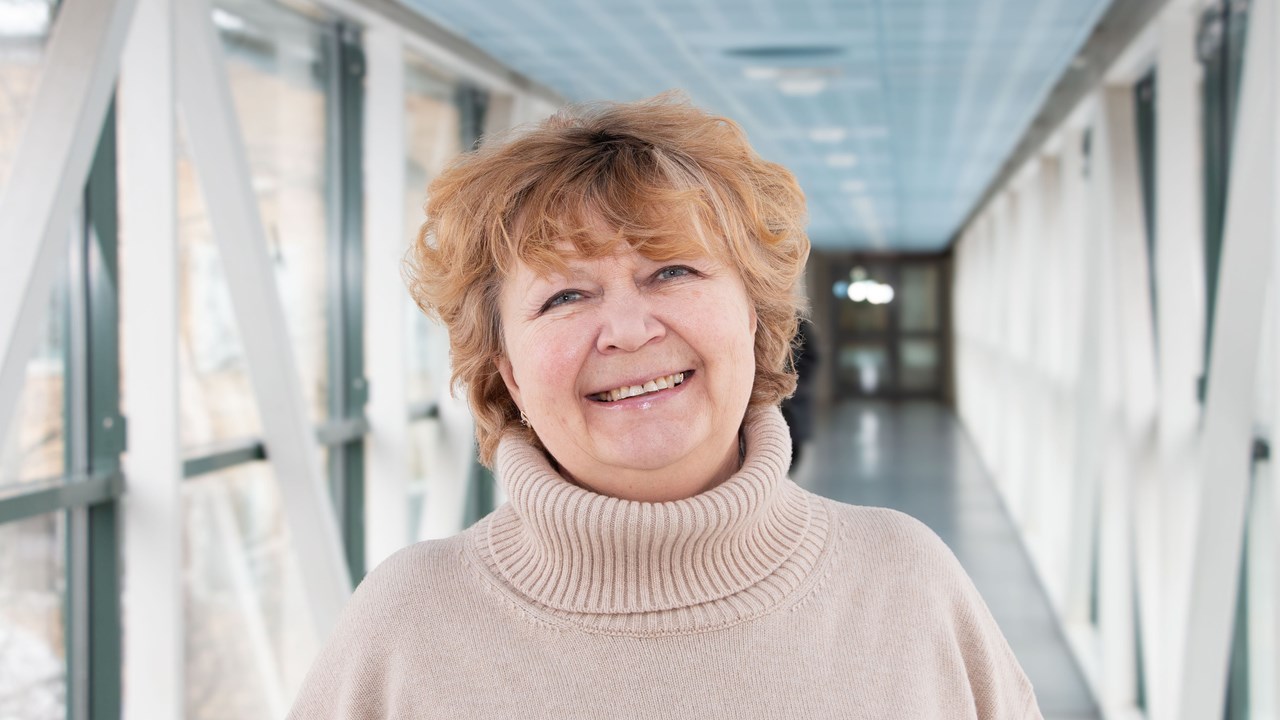HumanE AI Net
An EU-funded research programme that brings together some of Europe's leading research centers, universities and companies. Umeå University is a partner. The aim is to develop robust, reliable AI systems capable of "understanding" humans. Workpackage 5: AI Ethics and Responsible AI is led by Virginia Dignum, Professor in Responsible AI at Umeå University. Go to HumanE AI Net website.



